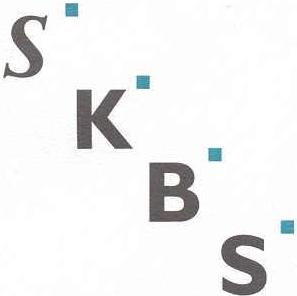Conference Program
| Thursday October 25th | |||
| 8:45 → 9:30 | Registration (Ad Fundum) | ||
| 9:30 → 10:00 | Opening (Aula) | ||
| 10:00 → 11:00 |
Evolutionary |
Knowledge |
Logic I |
| 11:00 → 11:30 | Coffee break (Ad Fundum) | ||
| 11:30 → 12:50 |
Intelligent Agents I |
Cognitive Modeling |
Speech & Image |
| 12:50 → 14:10 | Lunch (Mensa) | ||
| 14:10 → 15:30 |
Intelligent Agents II |
Planning & |
|
| 15:30 → 16:00 | Coffee break (Ad Fundum) | ||
| 16:00 → 17:00 | Keynote talk Chris Welty (Aula, Minderbroedersberg 4-6) | ||
| 17:30 → 18:30 | Reception (City Hall Maastricht) | ||
| 18:30 → ... | Conference Dinner (Thiessen Wijnkoopers) | ||
| Friday October 26th | |||
| 9:00 → 10:20 |
Knowledge |
Logic II |
AI for
Games & Entertainment (C-1.05) |
| 10:20 → 10:50 | Coffee break (Ad Fundum) | ||
| 10:50 → 11:50 |
Intelligent Agents III |
(C-1.05) |
|
| 11:50 → 12:40 | Poster Session + Demonstrations (Ad Fundum) | ||
| 12:40 → 14:00 | Lunch (Mensa) | ||
| 13:10 → 14:00 | BNVKI meeting (H0.06) | ||
| 14:00 → 15:00 |
Natural Language |
Reinforcement |
|
| 15:00 → 15:30 | Coffee break (Ad Fundum) | ||
| 15:30 → 16:30 | Keynote talk Georgios Yannakakis (Aula) | ||
| 16:30 → 17:00 | Awards + Closing (Aula) | ||
Thursday, October 25, 2012
Session 1A: Evolutionary Algorithms
Chair: Ida Sprinkhuizen-Kuyper
Aula, 10.00 → 11.00
· Linkage Neighbors, Optimal Mixing and Forced Improvements in Genetic Algorithms; Peter Bosman and Dirk Thierens
· Elitist Archiving for Multi-Objective Evolutionary Algorithms: To Adapt or Not To Adapt; Hoang Ngoc Luong and Peter Bosman
· Evolutionary and Swarm Computing for Scaling Up the Semantic Web; Christophe Guéret, Stefan Schlobach, Kathrin Dentler, and Martijn Schut
Session 1B: Knowledge Representation I
Chair: Linda van der Gaag
H0.06, 10.00 → 11.00
· Modeling and Evaluating Cooperation in Multi-Context Systems using Conviviality; Vasileios Efthymiou, Patrice Caire, and Antonis Bikakis
· Intercausal Cancellation in Bayesian Networks; Steven Woudenberg, Linda van der Gaag, and Carin Rademaker
· Structure Approximation of Most Probable Explanations in Bayesian Networks; Johan Kwisthout
Chair: Martin Caminada
C-1.05, 10.00 → 11.00
· Ordered Epistemic Logic: Semantics, Complexity and Applications; Hanne Vlaeminck, Joost Vennekens, Maurice Bruynooghe, and Marc Denecker
· A Tableau-based Reasoning Method for Four-Valued Description Logic ALC; Wenzhao Qiao and Nico Roos
· Credibility-limited Revision Operators in Propositional Logic; Richard Booth, Eduardo Fermé, Sébastien Konieczny, and Ramon Pino Pérez
Session 2A: Intelligent Agents I
Chair: Wojtek Jamroga
Aula, 11.30 → 12.50
· Decoupling Negotiating Agents to Explore the Space of Negotiation Strategies; Tim Baarslag, Koen Hindriks, Mark Hendrikx, Alex Dirkzwager, and Catholijn M. Jonker
· Generating and Testing Multi-Issue Elections; Stéphane Airiau
· Automated Analysis of Social Choice Problems: Approval Elections with Small Fields of Candidates; Ulle Endriss
· Evaluation and Improvement of Laruelle-Widgrén Inverse Banzhaf Approximation; Frits De Nijs, Daan Wilmer, and Tomas Klos
Session 2B: Cognitive Modeling
Chair: Johan Kwisthout
H0.06, 11.30 → 12.50
· Toward Machines that Behave Ethically Better than Humans Do; Matthijs Pontier and Johan Hoorn
· Modeling Collective Decision Making in Groups and Crowds: Integrating Social Contagion and Interacting Emotions, Beliefs and Intentions; Tibor Bosse, Mark Hoogendoorn, Michel Klein, Jan Treur, Natalie van der Wal, and Arlette van Wissen
· Why Won't You Do What's Good for You? Using Intelligent Support for Behavior Change; Michel Klein, Nataliya Mogles, and Arlette Van Wissen
· Providing Feedback for Common Problems in Learning by Conceptual Modeling using Expectation-Driven Consistency Maintenance; Wouter Beek and Bert Bredeweg
Session 2C: Speech & Image Processing
Chair: Cees Witteveen
C-1.05, 11.30 → 12.50
· Depth-based Detection using Haar-like Features; Ruud Mattheij, Eric Postma, Yannick van Den Hurk, and Pieter Spronck
· AU Classification using AAMs and CRFs; Laurens van der Maaten and Emile Hendriks
· Multiple Instance Learning using Bag Distribution Parameters; David M.J. Tax
· An Interactive Learning Approach to Histology Image Segmentation; Michael Derde, Laura Antanas, Luc De Raedt, and Fabian Guiza Grandas
Session 3A: Intelligent Agents II
Chair: Gerhard Weiss
Aula, 14.10 → 15.30
· A BDI Dialogue Agent for Social Support: Specification and Evaluation Method; Janneke Van Der Zwaan, Virginia Dignum, and Catholijn Jonker
· Mechanism for Robust Procurements; Yingqian Zhang and Sicco Verwer
· Doubtful Deviations and Farsighted Play; Wojtek Jamroga and Matthijs Melissen
· Corpus-based Validation of a Dialogue Model for Social Support; Janneke Van Der Zwaan, Virginia Dignum, and Catholijn Jonker
Session 3B: Knowledge Discovery & Data Mining
Chair: Walter Kosters
H0.06, 14.10 → 15.30
· Recognizing Demand Patterns from Smart Card Data for Agent-based Micro-simulation of Public Transport; Paul Bouman, Milan Lovric, Ting Li, Evelien Van Der Hurk, Leo Kroon, and Peter Vervest
· An Efficiently Computable Support Measure for Frequent Subgraph Pattern Mining; Yuyi Wang and Jan Ramon
· Topical Influence on Twitter: A Feature Construction Approach; Menno Luiten, Walter Kosters, and Frank Takes
· Automated Measurement of Spontaneous Surprise; Bart Joosten, Eric Postma, Emiel Krahmer, Marc Swerts, and Jeesun Kim
Session 3C: Planning & Scheduling
Chair: Tomas Klos
C-1.05, 14.10 → 15.30
· Enhancing Predictability of Schedules by Task Grouping; Michel Wilson, Cees Witteveen, and Bob Huisman
· Comparing Context-Aware Routing and Local Intersection Management; Adriaan Ter Mors and Cees Witteveen
· Tree-based Solution Methods for Multi-Agent POMDPs with Delayed Communication; Matthijs Spaan and Frans Oliehoek
· Influence-based Abstraction for Multi-Agent Systems; Frans Oliehoek, Stefan Witwicki, and Leslie Kaelbling
Friday, October 26, 2012
Session 4A: Knowledge Representation II / Agent Programming Languages
Chair: Mehdi Dastani
Aula, 9.00 → 10.20
· A Proof of the Expression of the Prior Convergence Error; Janneke Bolt
· A Framework for Qualitative Multi-Criteria Preferences; Wietske Visser, Reyhan Aydogan, Koen Hindriks, and Catholijn Jonker
· A Norm Language for Distributed Organizations; Bas Testerink and Mehdi Dastani
· Agent Programming Languages Requirements for Programming Cognitive Robots; Pouyan Ziafati, Mehdi Dastani, John Jules Meyer, and Leon Van Der Torre
Chair: Leon Van Der Torre
H0.06, 9.00 → 10.20
· Solving Satisfiability in Fuzzy Logics with Evolution Strategies; Tim Brys, Yann-Michaël De Hauwere, Martine De Cock, and Ann Nowé
· Parallel Hybrid SAT Solving using OpenCL; Sander Beckers, Gorik De Samblanx, Floris De Smedt, Toon Goedeme, Lars Struyf, and Joost Vennekens
· On Extended Conflict-Freeness in Argumentation; Martin Caminada and Srdjan Vesic
· k-Optimal: A Novel Approximate Inference Algorithm for ProbLog; Joris Renkens, Guy Van Den Broeck, and Siegfried Nijssen
Session 4C: AI for Games & Entertainment
Chair: Jaap van den Herik
C-1.05, 9.00 → 10.20
· N-Grams and the Last-Good-Reply Policy Applied in General Game Playing; Mandy Tak, Mark Winands, and Yngvi Björnsson
· Nested Monte-Carlo Tree Search for Online Planning in Large MDPs; Hendrik Baier and Mark Winands
· Playout Search for Monte-Carlo Tree Search in Multi-Player Games; Pim Nijssen and Mark Winands
· Enhancements for Monte-Carlo Tree Search in Ms Pac-Man; Tom Pepels and Mark Winands
Session 5A: Intelligent Agents III
Chair: Virginia Dignum
Aula, 10.50 → 11.50
· Sharing Blood: A Decentralised Trust and Sharing Ecosystem based on the Vampire Bat; Wouter Bulten, Willem F.G. Haselager, and Ida G. Sprinkhuizen-Kuyper
· Designing a Search and Rescue Simulation Environment for Studying the Performance of Agent Organizations; Mattijs Ghijsen, Wouter Jansweijer, and Bob Wielinga
· Norm Contextualization; Jie Jiang, Huib Aldewereld, Virginia Dignum, and Yao-Hua Tan
Session 5B: Classification & Verification
Chair: Kurt Driessens
H0.06, 10.50 → 11.50
· Multi-Dimensional Classification with Naive Bayesian Network Classifiers; Janneke Bolt and Linda van der Gaag
· Preserving Precision as a Guideline for Interface Design for Mathematical Models; Linda van Der Gaag, Hermi J.M. Schijf, Armin R. Elbers, and Willie L. Loeffen
· Algorithms for Basic Compliance Problems; Silvano Colombo Tosatto, Marwane El Kharbili, Guido Governatori, Pierre Kelsen, Qin Ma, and Leon Van Der Torre
Chair: Sicco Verwer
C-1.05, 10.50 → 11.50
· Lifted Variable Elimination with Arbitrary Constraints; Nima Taghipour, Daan Fierens, Jesse Davis, and Hendrik Blockeel
· Moment Constrained Semi-Supervised LDA; Marco Loog
· Greed, Envy, Jealousy - A Tool for more Efficient Resource Management; Mike Farjam, Willem Haselager, and Ida Sprinkhuizen-Kuyper
Poster Session and Demonstrations
Ad Fundum hall, 11.50 → 12.40
Posters
· The Log-Gabor Method: Speech Classification using Spectrogram Image Analysis; Harm Buisman and Eric Postma
· Transfer Learning for Bilateral Multi-Issue Negotiation; Siqi Chen, Haitham Bou Ammar, Karl Tuyls, and Gerhard Weiss
· A Nonparametric Evaluation of SysML-based Mechatronic Conceptual Design; Mohammad Chami, Haitham Bou Ammar, Holger Voos, Karl Tuyls, and Gerhard Weiss
· Towards a Universal Change Detection Framework in Levees; Gabriel Mititelu, Robert-Jan Sips, Bram Havers, and Zoltán Szlávik
· A Generalization of the Winkler Extension and its Application for Ontology Mapping; Maurice Hermans and Frederik Schadd
· Dynamic Mechanism Design for Efficient Planning under Uncertainty; Joris Scharpff, Mathijs de Weerdt, and Matthijs Spaan
· An Adaptive Stigmergic Coverage Approach for Robot Teams; Bijan Ranjbar-Sahraei, Gerhard Weiss, and Ali Nakisaee
Demonstrations
· Kamala in the Cloud: Bottom-Up Knowledge Modeling Using the Topic Maps Data Model; Fiemke Griffioen, Gabriel Hopmans, Peter-Paul Kruijsen, and Quintin Siebers
· User-Computer Persuasion Dialogue for Grounded Semantics; Martin Caminada and Mikołaj Podlaszewski
· Demonstration of eMate - Stimulating Behavior Change via Mobile Phone; Michel Klein, Nataliya Mogles, and Arlette Van Wissen
· Scheduling with Precedence Constraint Posting; Michel Wilson, Cees Witteveen, and Bob Huisman
· COCALU: Convex Outline Collision Avoidance under Localization Uncertainty; Daniel Claes, Daniel Hennes, and Karl Tuyls
Session 6A: Semantic Web + Award lectures
Chair: Annette ten Teije
Aula, 14.00 → 15.20
· Mapping Product Taxonomies in E-Commerce; Steven Aanen, Lennart Nederstigt, Damir Vandic, and Flavius Frasincar
· WebPIE: A Web-Scale Parallel Inference Engine using MapReduce; Jacopo Urbani, Spyros Kotoulas, Jason Maassen, Frank Van Harmelen, and Henri Bal
· SNN Award lecture
· KION Award lecture
Session 6B: Natural Language Processing
Chair: Antal van den Bosch
C-1.03, 14.00 → 15.00
· Text-based Information Extraction using Lexico-Semantic Patterns; Frederik Hogenboom, Wouter IJntema, and Flavius Frasincar
· Authorship Disambiguation and Alias Resolution in Email Data; Freek Maes and Johannes Scholtes
· Leveraging Unscheduled Event Prediction through Mining Scheduled Event Tweets; Florian Kunneman and Antal van den Bosch
Session 6C: Reinforcement Learning
Chair: Bernard Manderick
C-1.05, 14.00 → 15.00
· Reinforcement Learning for Energy-Reducing Start-Up Schemes; Kristof Van Moffaert, Yann-Michaël De Hauwere, Peter Vrancx, and Ann Nowé
· Shortest Path Gaussian Kernels for State Action Graphs: An Empirical Study; Saba Yahyaa and Bernard Manderick
· Reinforcement Learning Transfer via Sparse Coding; Haitham Bou Ammar, Karl Tuyls, Matthew E. Taylor, Kurt Driessens, and Gerhard Weiss
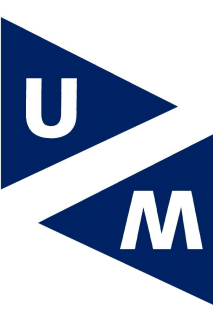 |
1992-2012: Twenty years bachelor and master Knowledge Engineering |
Main Sponsor
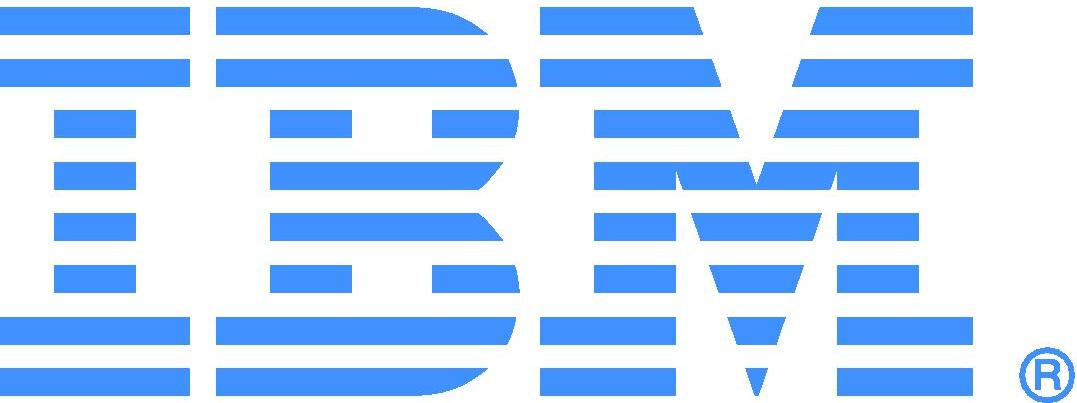 |
Sponsors
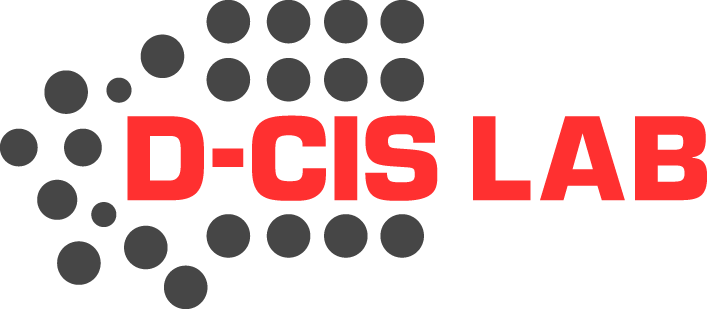 |
 |
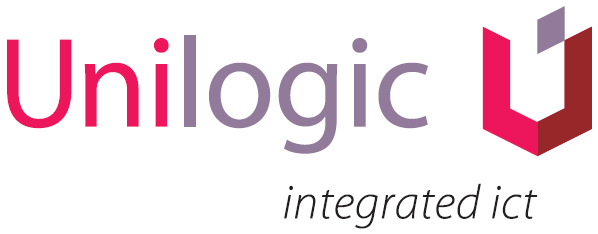 |
 |
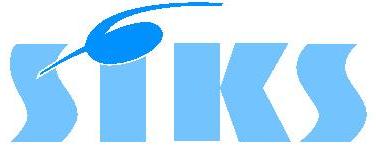 |
 |
 |

|  |
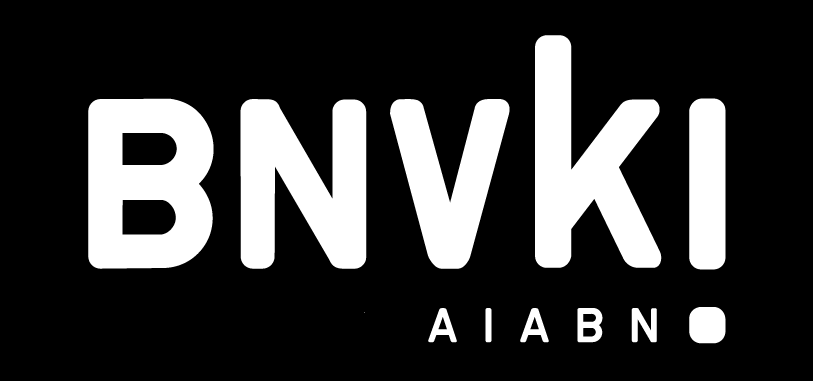 |
|
* The IBM logo is a registered trademark of International Business Machines Corporation (IBM) in the United States and other countries and is used under license. IBM responsibility is limited to IBM products and services and is governed solely by the agreements under which such products and services are provided
